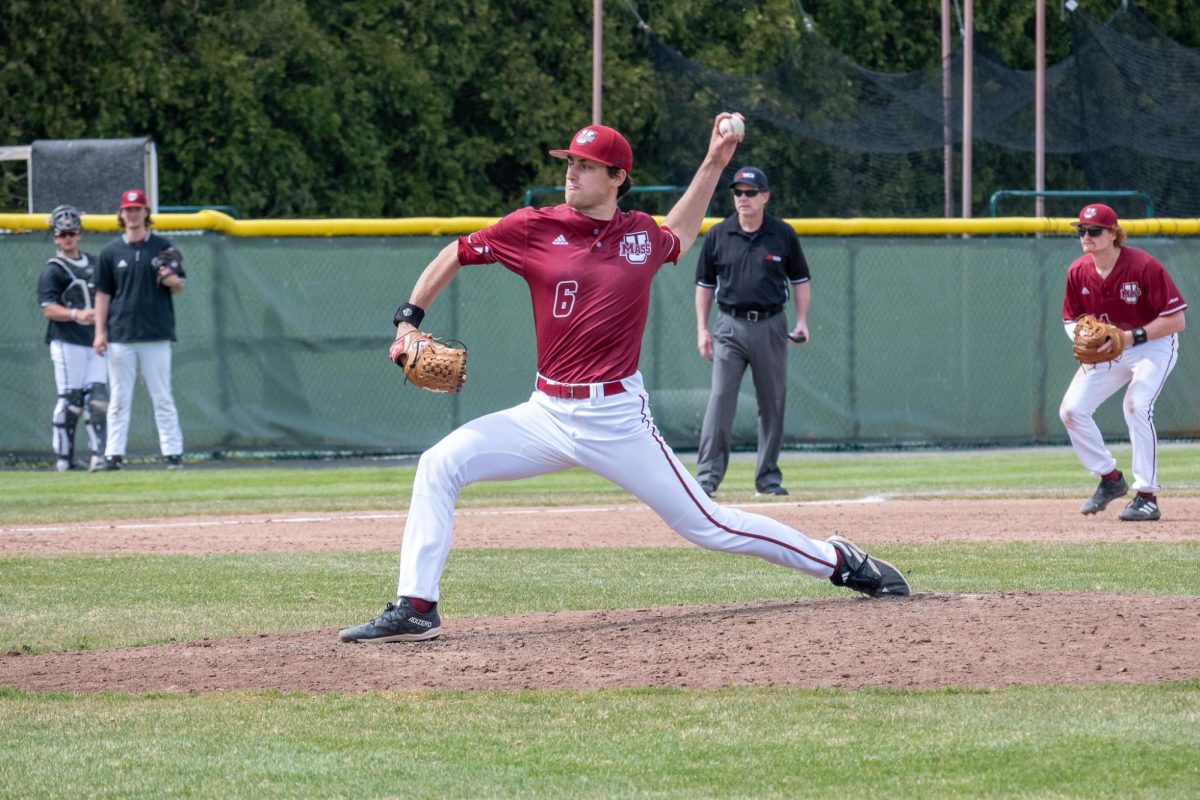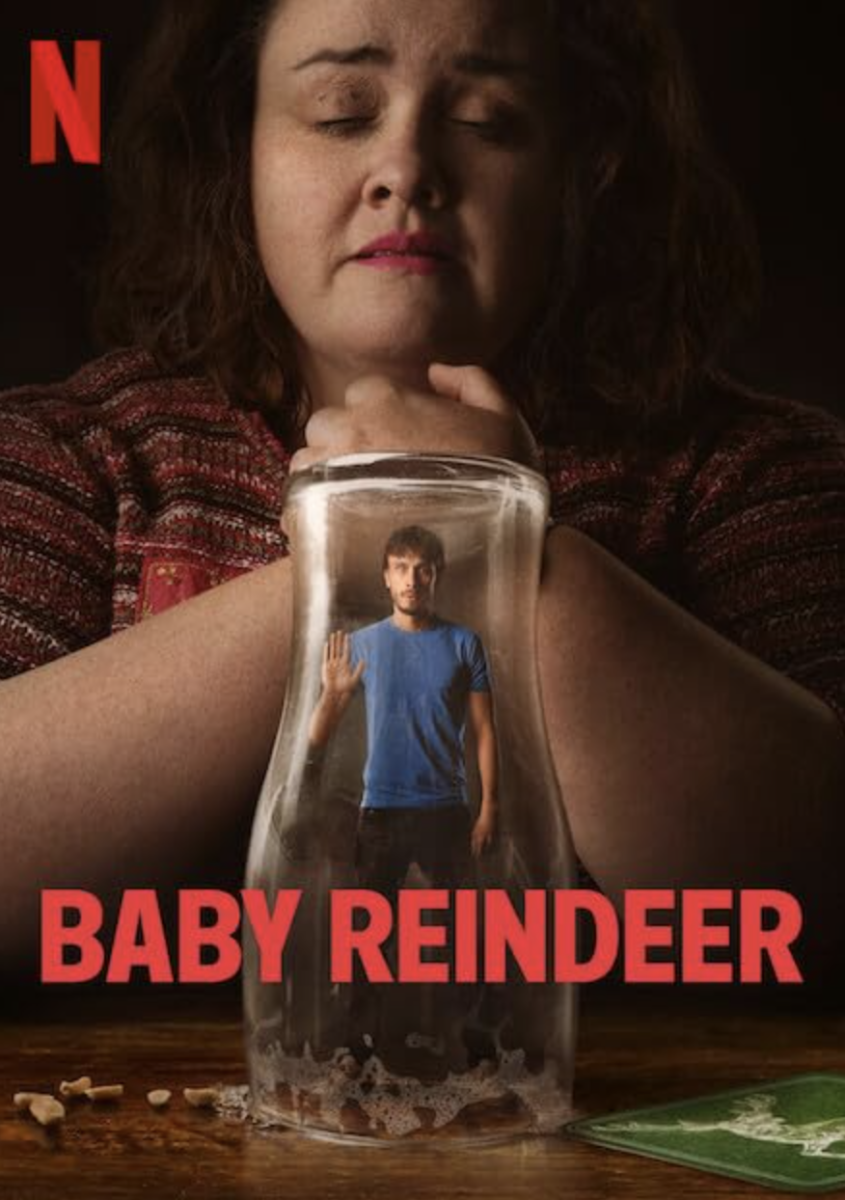West Side Stories
Bowker Auditorium
UMass
Feb. 21, 22
“Among all the controversy is anybody listening?”
Had this question been posed five years ago, during the dramatic debate at Amherst Regional High School over whether the “controversial” play “West Side Story” should be produced, chances are the town would have fallen silent. Opposition quickly rose from the Puerto Rican community and counterstrikes were soon to follow. Among the incessant verbal arguing many voices were never heard. In the end authorities ruled that the outdated play used cultural stereotyping and was causing more harm to the community then good.
But how did this decision affect the students?
The hysteria that brewed years ago received national news attention and raised questions of how this decision reflected racial issues in our society. These matters were given the opportunity were open for discussion, rather than debate, for the first time Saturday and Sunday at Bowker Auditorium in “West Side Stories,” a presentation by New WORLD Theater. A talented group of high school writers and actors from Pioneer Valley Performing Arts Charter High School interview theater workshop finally performed the truth uncensored.
With 13 short scenes, feedback from interviews conducted with Amherst community members was reenacted. Stories from students, teachers, and parents of different ethnicities and sexual orientations were told through the young actors. Combined with songs from Bernstein and Laurents’ Broadway hit and some original choreography and comedy, and this alternative production of “West Side Story” finally got spotlight attention.
Each scene was influenced by the original play “West Side Story,” including the musical outbreaks to the scene titled “The Audition.” Casting a show like West Side Story inevitably forces a director to use stereotypes in order to replicate the 1957 production – but what happens when the Puerto Rican actor desires the role of Polish descent, American-born lead Tony?
The parody that ensued on stage forced the high school student to forget all ambitions of the white man’s role and instead work on his “machismo” and put his efforts towards the part of Bernardo, the Puerto Rican. The audience could see in this scene how easily the public forgets where stereotyping stems.
The original “West Side Story” is a classic piece of theater that is at the same time a historical interpretation. “West Side Stories” contends that it is when we try to recreate the show forcing people into a specific identity based on their culture do we recreate racial segregation and, ultimately, controversy.
Using satire, the students played-out a mock Amherst town meeting. In the scene a woman blurts out, in the middle of a debate about a parking garage being erected, that ARHS will be performing “West Side Story.” Community members raising opposition to every issue proved how easily protests arose in that environment.
One monologue pointed out that flags in Amherst were restricted at one time. Even patriotism, before Sept. 11, was protested. Then on the day of the tragedy everyone suddenly became patriotic and the flags were seen again.
Classic depictions of how the media reacted or overreacted with their exclusive coverage of Amherst during the scandal were presented. The news anchors interrupting between scenes added an effective comical element to lighten the aftershock of some of the least expected dialogues.
With its eclectic scenes, “West Side Stories” constantly challenged the reactions of the audience. While promising not to choose sides in telling their stories, instead they wished to mirror real life problems of youth and let people come to their own conclusions. The high school students realized that the problems of our past transcend time and trying to find solutions start with finding a channel for open dialogue. Every few scenes, the confident actors would ask if anyone in the audience was offended by their words or actions. These kids didn’t need any reassurance that what they produced was honest.
It is quite enlightening to see students in that age group aware of such harsh realities, and challenging these issues through discussion in order to create a more tolerant world.
“West Side Stories” defends art and recognizes its existence is to be questioned. If we are offended by its representations we need to ask each other, and ourselves, why we feel this way. “Art is a catalyst,” repeated the ambitious actors, and it shouldn’t be censored.






